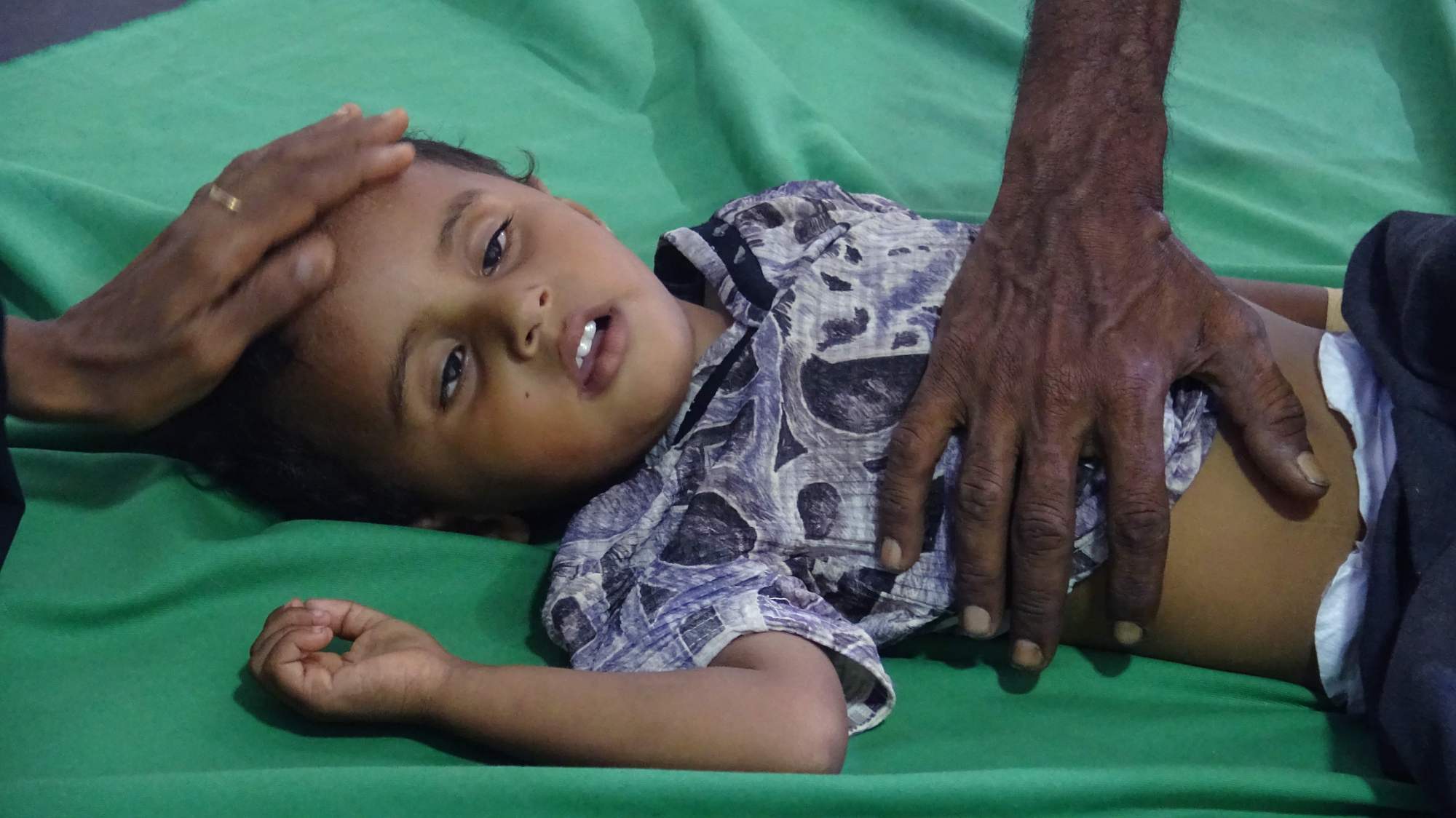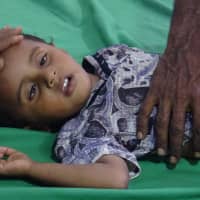Yemen's Houthi forces have missiles that could be fired at Riyadh, Dubai and Abu Dhabi should violence escalate in the main Yemeni port city of Hodeida, where a fragile cease-fire is now in place, the leader of the Houthi movement said on Monday.
Yemen's four-year war pits the Iran-aligned Houthis against the internationally recognized government of President Abd-Rabbu Mansour Hadi, which is backed by a Saudi-led coalition of Yemeni and Arab forces, which include the United Arab Emirates.
"Our missiles are capable of reaching Riyadh and beyond Riyadh, to Dubai and Abu Dhabi," Abdul Malik al-Houthi told Houthi-run Masirah TV.
"It is possible to target strategic, vital, sensitive and influential targets in the event of any escalation in Hodeida," he said. "We are able to strongly shake the Emirati economy."
Houthi forces regularly fire missiles into southern Saudi Arabia and occasionally aim for targets such as the capital Riyadh or facilities of state oil company Saudi Aramco. Most missiles have been intercepted by the Saudi military.
Hodeida port is the entry point for most of Yemen's humanitarian aid and commercial imports. It is the current focal point of U.N. efforts to implement a December deal between warring parties.
The United Nations is trying to get both sides to pull troops out of Hodeida but the process has stalled. Both sides blame the other for lack of progress.
Although a cease-fire largely holds in Hodeida, violence continues elsewhere and has escalated in recent weeks.
Plagued by decades of instability, Yemen's latest conflict began in late 2014 when Houthi forces drove Hadi's government out of the capital Sanaa. The Saudi-backed alliance intervened in March 2015 to restore Hadi's government.
The Houthis, who say their revolution is against corruption, control Sanaa and most population centers.



















With your current subscription plan you can comment on stories. However, before writing your first comment, please create a display name in the Profile section of your subscriber account page.